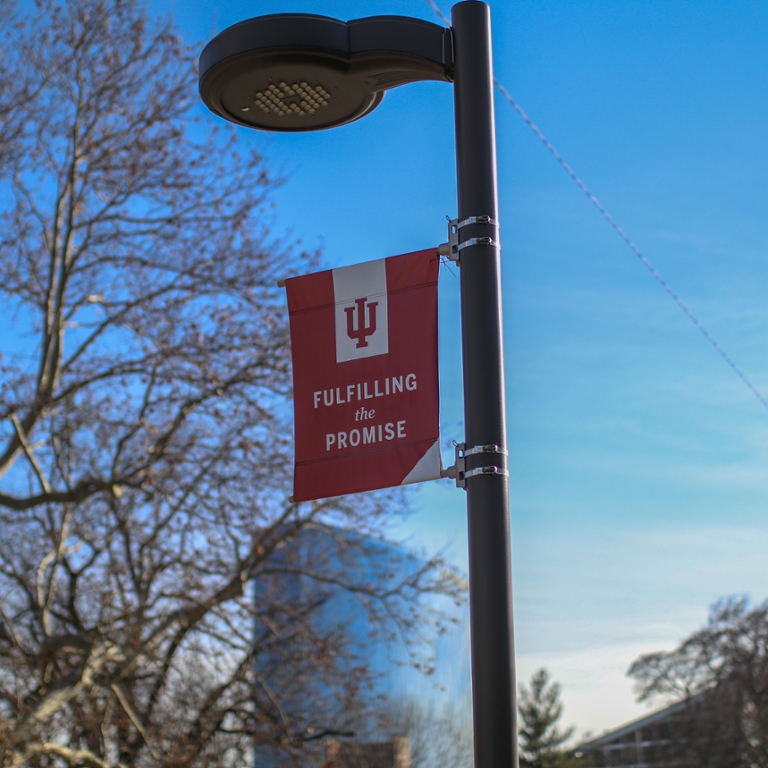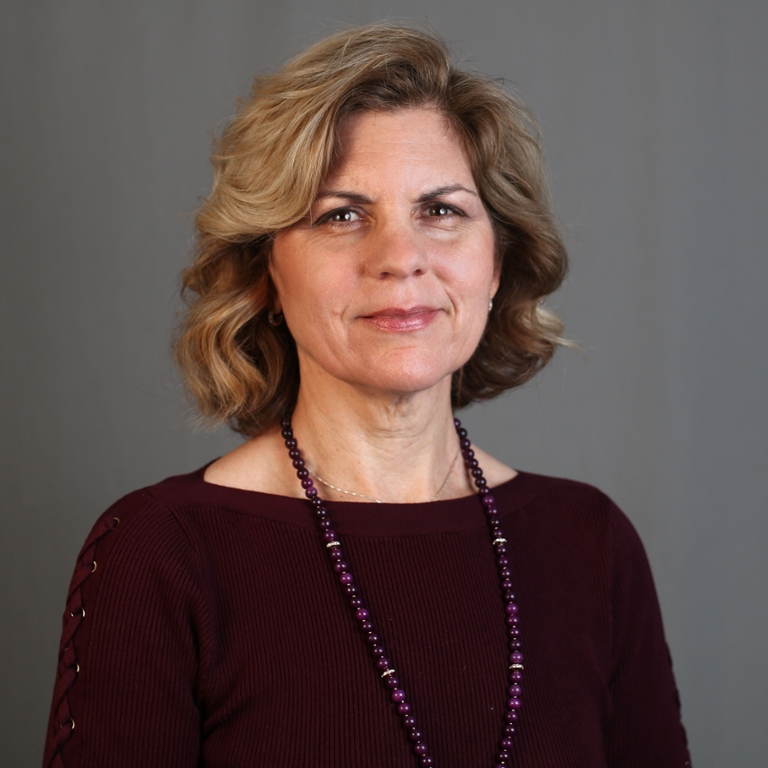Community engagement transforms teaching, learning, and research, opening possibilities for faculty to be part of learning and research partnerships, not only with students but also with community groups. In community engagement, faculty is a broad term, one that encompasses not only tenured and tenure-track faculty but also clinical faculty, lecturers, adjuncts, graduate students in teaching roles, and community partners. Even undergraduate students can be pulled into teaching roles. The CSL's focus honors the assets that all collaborators bring to teaching, learning, and research, as well as nurturing the potential of individuals and groups to work together as co-educators. While the CSL has specific programming for full-time faculty, including scholarships and grants, learning opportunities are also available to support the full range of individuals who occupy faculty-type roles.
In the midst of their engagement with their teaching, disciplinary research, and departmental work, faculty sometimes find it challenging to make space to reflect on their own learning and to find a safe, nurturing environment that encourages them to take risks to grow as teachers, as citizens, and as scholars. There are principles of best practice that guide ethical, high-quality community engagement in teaching and in research; however, how individuals and groups come to wrestle with and enact these principles varies from one course or project to the next. In working with faculty, Price believes it is important to develop an understanding of the faculty members' motivations and goals for community engagement, as well as how they conceptualize its role in teaching, learning, and higher education generally. This information is the baseline from which the CSL begins its work in supporting a faculty member’s learning and development. It is driven by their aspirations, questions, and frustrations, which become the basis for identifying the appropriate resources (e.g., guidance, evidence-based tools, grants, scholarships) for faculty.
The CSL's intent is to encourage faculty growth in ways that build their sense of agency and effectiveness over time. The CSL creates learning opportunities to stretch thinking and to spark creativity. Price advocates for the development of learning communities and mentoring networks for faculty, both within departments and across disciplines. These mechanisms pair CSL support with faculty to creative supportive environments that enable faculty to develop community related to teaching and other dimensions of faculty life. Learning communities are opportunities to experiment, receive formative feedback, and infuse insights gained into new curriculum, programs, and research. If faculty want to be engaged within the community, either through student learning or research, the center helps connect them with what they need.



